Renovation mortgages: how do they work?
If you’re seeking a lump sum to fund a big property renovation project, you could look at a renovation mortgage.
Do you dream of turning a rundown or derelict property into a home? You may need to take out a specialist renovation mortgage to fund such a project, unless you have a large lump sum to pay for the work.
You may have found an empty property in an amazing location with panoramic views that you want to restore. Or you might come across an uninhabitable property that you want to breathe life into. Whatever your property renovation project, you may need a specialist mortgage to meet the cost.
What is a renovation mortgage?
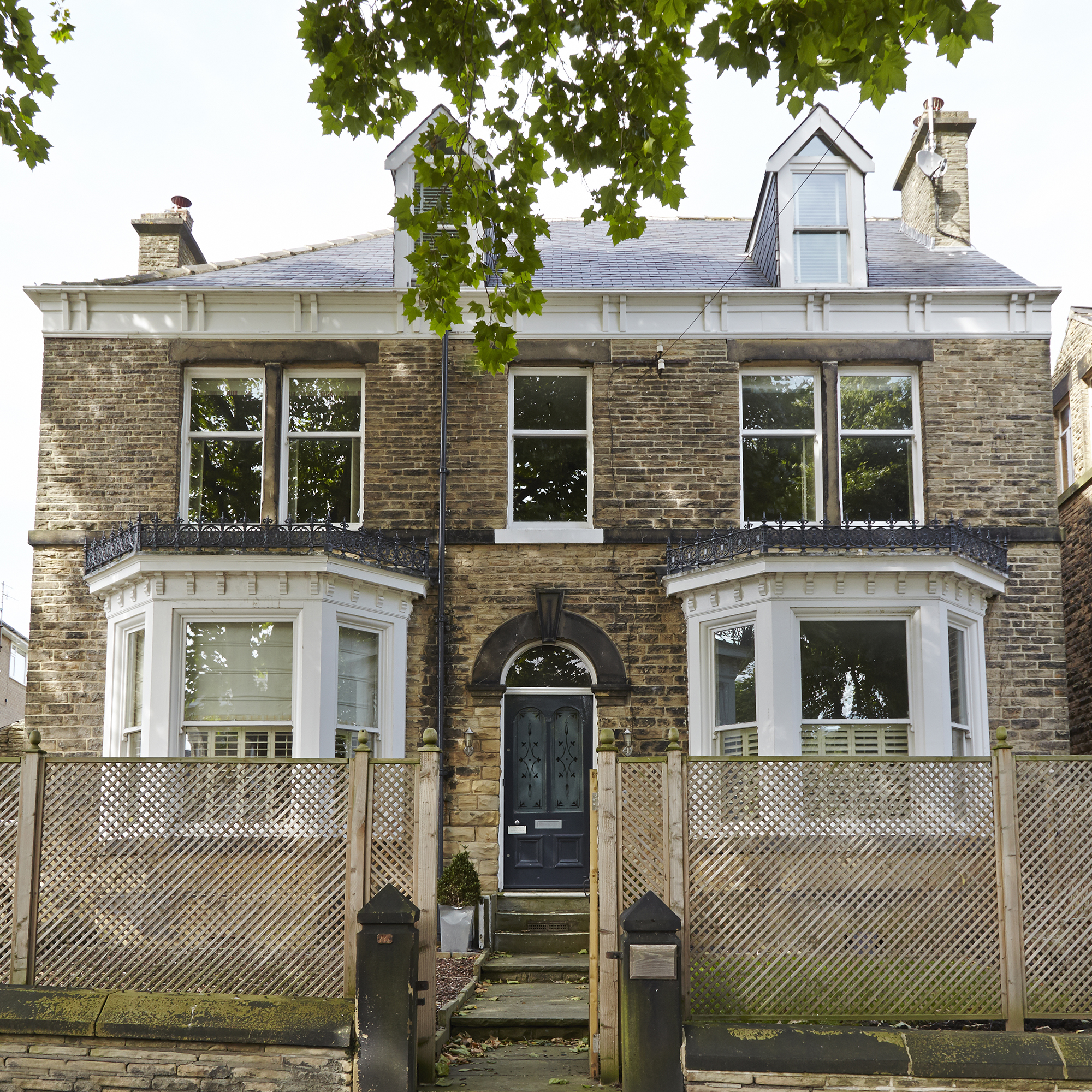
Most high street lenders only offer mortgages on properties that are considered habitable. So, if you’re buying a property not currently fit to live in, you’ll need to find a renovation mortgage from a specialist lender. The loan will finance the purchase of a property that’s derelict, in need of conversion, or uninhabitable because it’s without a working kitchen or bathroom.
Standard repayment or interest-only mortgages aren’t suitable for extensive renovations.
Chris Sykes, of the mortgage broker Private Finance, says: ‘If it is a large renovation then normal mortgages are not suitable as lenders are taking on risk they are not pricing for in this case, and you could run out of money and leave a property in a worst state than it was when bought, affecting the lender’s security and the property’s saleability.’
The important feature of a renovation mortgage is that it enables you to borrow the money you need for the work. You’ll receive the money in tranches rather than all upfront.
How does a renovation mortgage work?
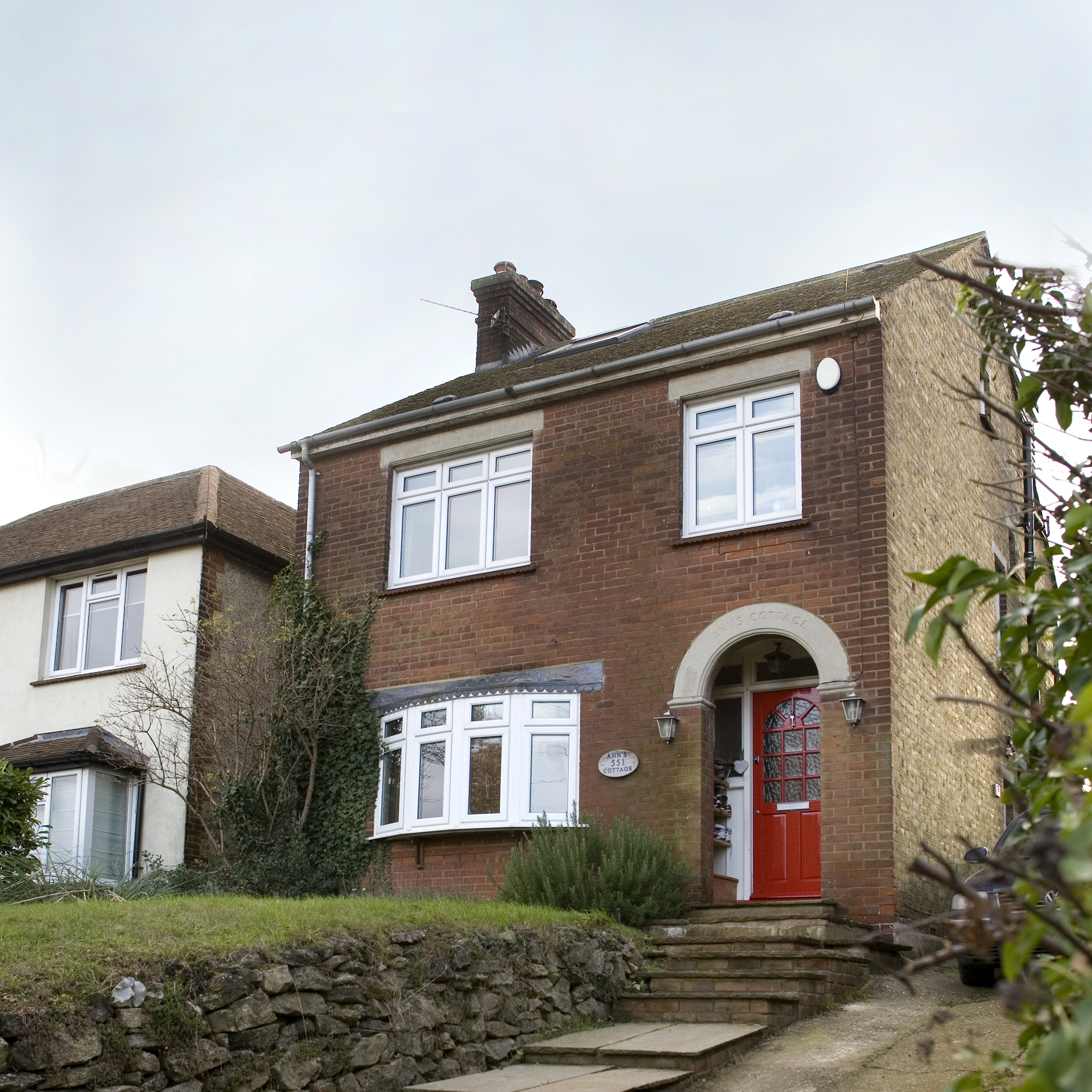
With a renovation mortgage, you may be able to borrow up to 90% of the property’s value as it stands, depending on your income and circumstances. You should fund the remainder of the purchase from savings, other assets, or borrowing. The lender usually withholds a chunk of the money, and releases it in stages as the property is renovated. This is similar to a self build mortgage.
Get the Ideal Home Newsletter
Sign up to our newsletter for style and decor inspiration, house makeovers, project advice and more.
On completion of specific stages, and inspection by the lender’s surveyor, you could receive more money. Adrian Anderson, director of property finance specialists Anderson Harris, says: ‘The bank will want an element of control over when and how the money is released to pay for the works to ensure the money is used correctly. The money is usually released against the architect’s certificates/confirmation that different stages of the development have been completed or when the next stages are about to start.’
Bear in mind that the cost of restoring a building will rapidly add up. You need some savings, or other forms of finance such as personal loans, to pay for work between ‘stage payments’.
When taking on a project of this nature, you should also take out a specialist renovation insurance policy to protect your investment.
Will it cost more than a standard repayment mortgage?
Yes. A renovation mortgage rate will typically be one or two percentage points higher than a standard mortgage. This is because the risk to lenders is greater. There’s no guarantee that the work will be finished. The lender could be forced to repossess the property to recoup their debt.
It also depends on how much you borrow. Anderson says: ‘Due to the works going on at the property there will be development risks associated and therefore the banks factor this in with their upfront fees and the rate charged during the development period. These types of mortgages usually take the bank more time to administer at time of application as it has to carry out due diligence on the works taking place. These include checking planning permission is in place, checking the costings/timescales look realistic and carrying out due diligence on the contractor.’
What kind of properties qualify for a renovation mortgage?
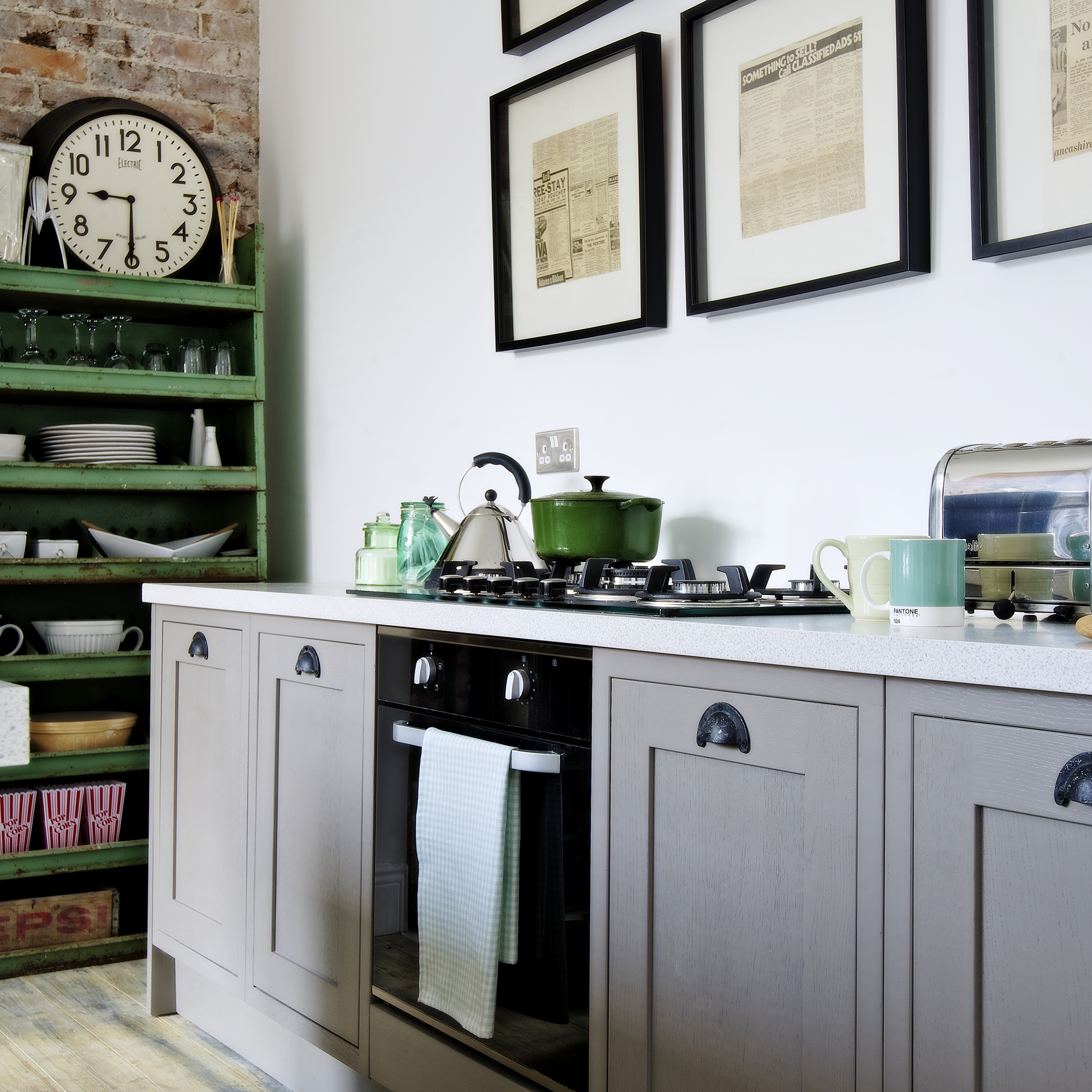
You can get a renovation mortgage on a vast range of “fixer-upper” properties. This covers properties from a listed building that’s fallen into disrepair to a timber shell without a roof. However, the range of mortgages you have to choose from will be far greater if the property to be renovated is habitable. That means it comes with a working kitchen and bathroom.
Where can I get this type of mortgage?
There is a limited number of lenders offering finance for complete renovations. Try lenders offering self build mortgages as a starting point. For example Ecology Building Society specialises in lending on energy efficient properties. Smaller building societies are often a good place to try.
Speak to a mortgage broker to find out about your options. This is a specialist area of the mortgage market and the solution may need to be imaginative. Working with someone independent who knows the market well is a good move.
Can a first-time buyer get a renovation mortgage?
Yes, in theory first-time buyers can get a renovation mortgage, and doing up a rundown property may appeal as a way to get onto the property ladder. However, they’ll need a deposit of around 20-25% of the purchase price, which could be a struggle to stump up unless they have enough saved.
What happens when the renovation is complete?
Once the renovation is complete, you ideally take out a mainstream mortgage on the property.
‘Usually at this stage of the process you can refinance based on the open market value of a property and take a more normal mortgage, and hopefully at a low LTV as this is when the gains you have made are realised,’ says Sykes.
-
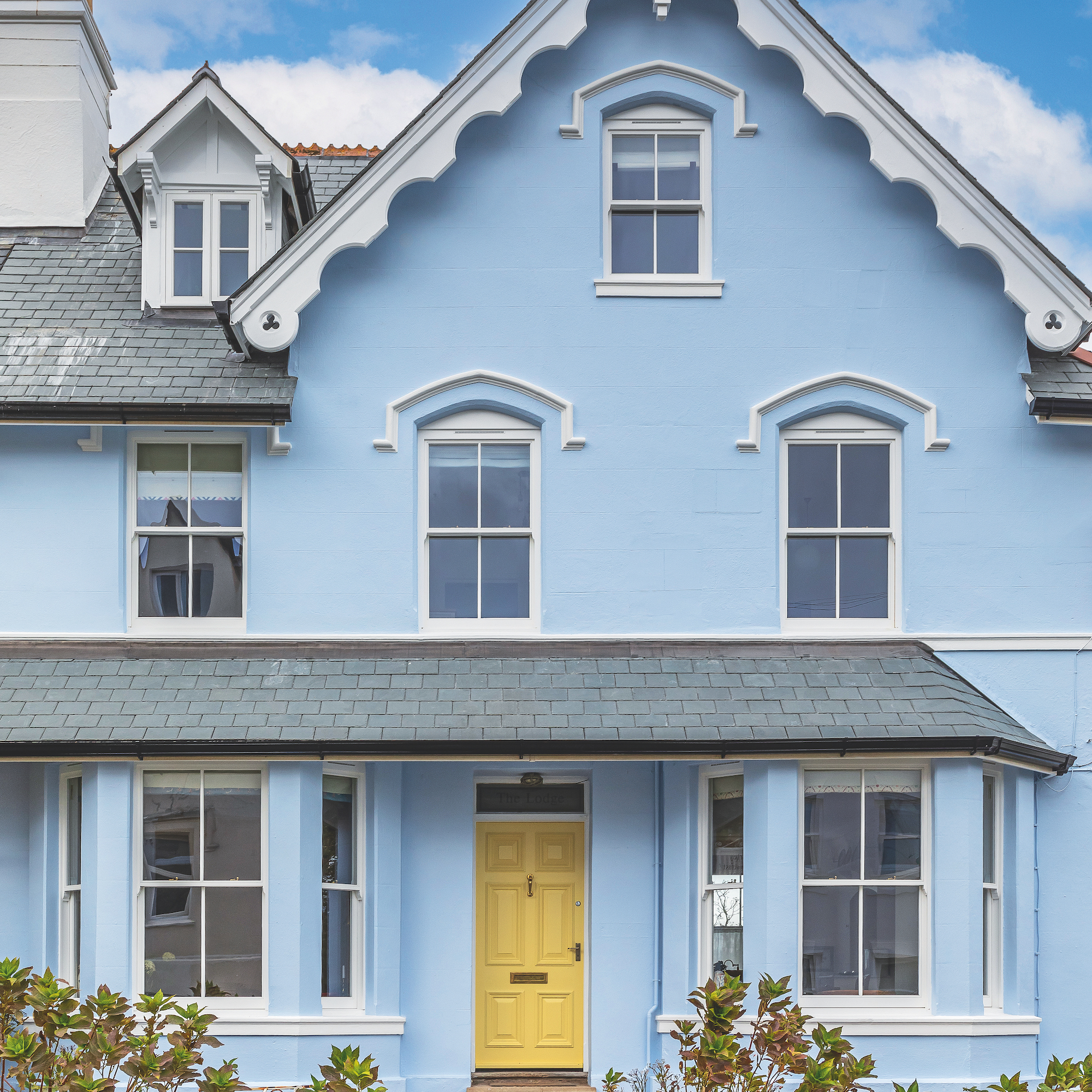 15 ways to add kerb appeal to your home – experts share what really works for a stylish first impression
15 ways to add kerb appeal to your home – experts share what really works for a stylish first impressionMake your home's exterior pop with these ideas
By Jenny McFarlane
-
 Aldi is selling a robot lawn mower for under £200 - it's one of the cheapest on the market
Aldi is selling a robot lawn mower for under £200 - it's one of the cheapest on the marketI never thought I'd see 'Aldi' and 'robot mower' in the same sentence...
By Kezia Reynolds
-
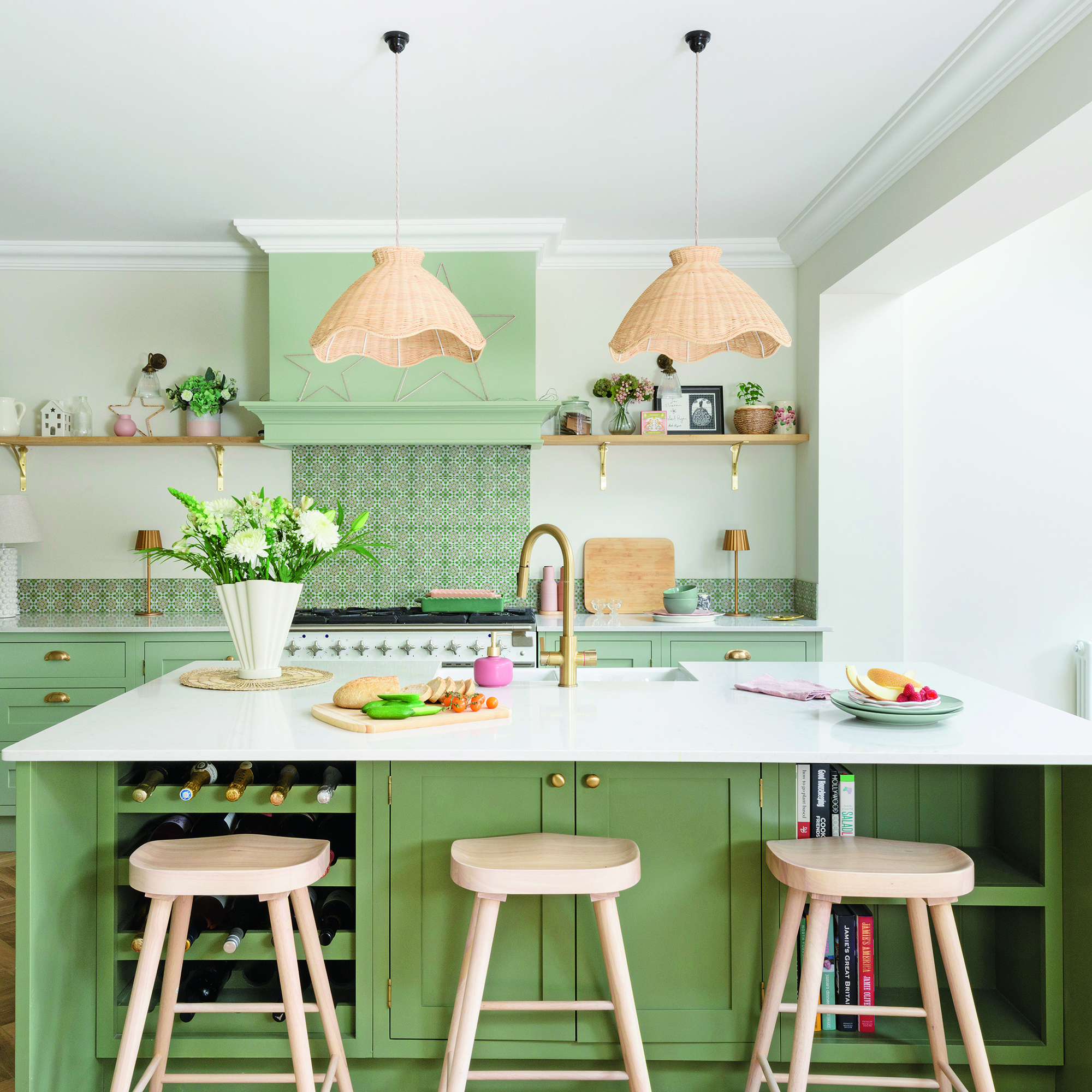 Hot water taps are the best way to level up your kitchen island in 2025 - these kitchen experts explain why you need one
Hot water taps are the best way to level up your kitchen island in 2025 - these kitchen experts explain why you need oneI asked kitchen experts exactly how you can add one to your island retrospectively
By Natasha Brinsmead
-
 You can claim back over £300 a year from HMRC if you work from home - here’s how to check if you’re eligible
You can claim back over £300 a year from HMRC if you work from home - here’s how to check if you’re eligibleWhen it comes to saving, every little helps
By Kezia Reynolds
-
 Experts have revealed the best day to renew your home insurance policy - you’ll want to do it sooner rather than later
Experts have revealed the best day to renew your home insurance policy - you’ll want to do it sooner rather than laterDon't leave this task at the bottom of your to do list
By Kezia Reynolds
-
 Is a variable rate mortgage ever a good idea? Experts weigh in
Is a variable rate mortgage ever a good idea? Experts weigh inOur money expert explains what a variable rate mortgage is, who they can be good for, and the pros and cons of this kind of mortgage
By Samantha Partington
-
 I’m a first-time buyer, what are my chances of getting a mortgage right now?
I’m a first-time buyer, what are my chances of getting a mortgage right now?And what you can do to increase your odds
By Rachel Wait
-
 Should you ever pay above the asking price for a home?
Should you ever pay above the asking price for a home?Our money expert explains whether you should ever pay over the asking price for a home, especially if house prices fall as predicted
By Samantha Partington
-
 Should I fix my mortgage and how long should I fix for?
Should I fix my mortgage and how long should I fix for?We speak to the experts to find out whether you should fix your mortgage and how long for as well as the impact further interest changes could have on your decision
By Samantha Partington
-
 We put your mortgage questions to two leading experts, here's what they said
We put your mortgage questions to two leading experts, here's what they saidAs mortgage panic continues, we've answered the most common questions - from when mortgage rates will come down, to when you actually have to pay stamp duty
By Samantha Partington
-
 'My mortgage is set to skyrocket - what should I do?' 5 potential solutions from a money expert
'My mortgage is set to skyrocket - what should I do?' 5 potential solutions from a money expertIf you're facing higher mortgage costs, our money expert explains various courses of action you could take to ease the pressure
By Samantha Partington